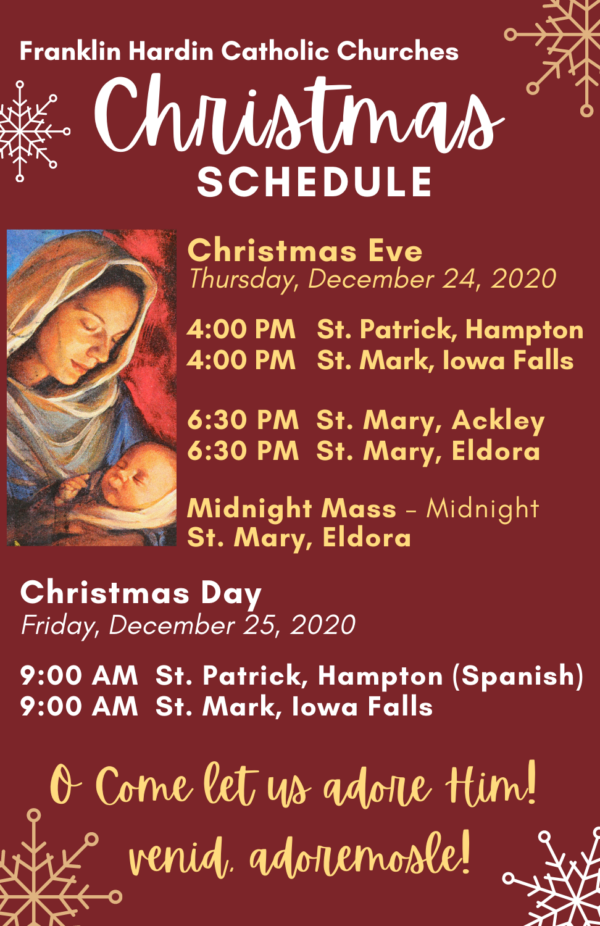Discernment is a word or phrase that I often heard thrown around in seminary. We would talk about discerning God’s will or sifting through the things in our heart through the process of discernment. So, what is discernment?
According to Wikipedia, “… discernment involves going past the mere perception of something and making nuanced judgments about its properties or qualities. Considered as a virtue, a discerning individual is considered to possess wisdom, and be of good judgment; especially so with regard to subject matter often overlooked by others…”
The last few Sundays Jesus’ parables have talked about this idea of “sorting” – the weeds from the wheat, the different fish in the net, distinguishing various types of soil, etc. – as part of living into the Kingdom of Heaven. Last Sunday we heard about Solomon’s wisdom. And when Jesus sends out His disciples into a dangerous and complicated world, he tells them that while they are to be as gentle as doves they are also to be as cunning as serpents (Mt. 10:16).
Discernment first begins in ourselves, “discerning” through the interior movements within us. I’ve preached recently on the importance of not being simply dominated by our feelings and acting upon those, but rather the importance of checking our perceptions and making sure they are grounded on truth, and then acting according to God’s principles. This is an example of discernment. An image I like to think about with interior discernment is taking the box of everything inside us (our thoughts, feelings, desires, fears, hopes, dreams, etc.) and dumping it out on the table so that we can sift and sort through all of this to understand what’s in the tangled mess. In the Christian Tradition, we owe a lot to St. Ignatius of Loyola, who wrote much about what he called the “discernments of spirit.” He gives us “rules” or guidelines of how to sort through which interior movements are of God, which are simply of us (somedays we just have good digestion and that’s why we’re happy), and which are from the Evil One (temptations or discouragement). If you’re interested in learning more about Ignatius’ Rules of Discernment, I would highly recommend anything written by Fr. Timothy Gallagher.
Discernment is also involved as we look at the world around us. The world around us is a tangle of weeds and wheat, of sheep and goats, and we have to be careful and discerning of what messages out there are authentically True and Good, and what are more manipulative deceptions, not of God or are unknowingly built on ideas that are opposed to God or Christianity.
And finally, both those levels of discernment are discerning what is God’s call for me in all this.
This is by no means an easy process. It requires much humility, prayer, and reflection. But thankfully we are not left all on our own to figure this out. We have the guidance of His Spirit, which not only guides us in prayer and the Scriptures, but also the guidance of the Church: in our fellow Christians who walk this journey with us, in the guidance of our pastors, as well as the formal teachings of the Catholic Church passing on down to us the wisdom of the Saints and Tradition. That is why Jesus instituted a Church, which he built on the rock of St. Peter, and of which he spoke “the gates of the netherworld will not prevail against it.” (Mt. 16:18)
Peace,
-Fr. Kevin


